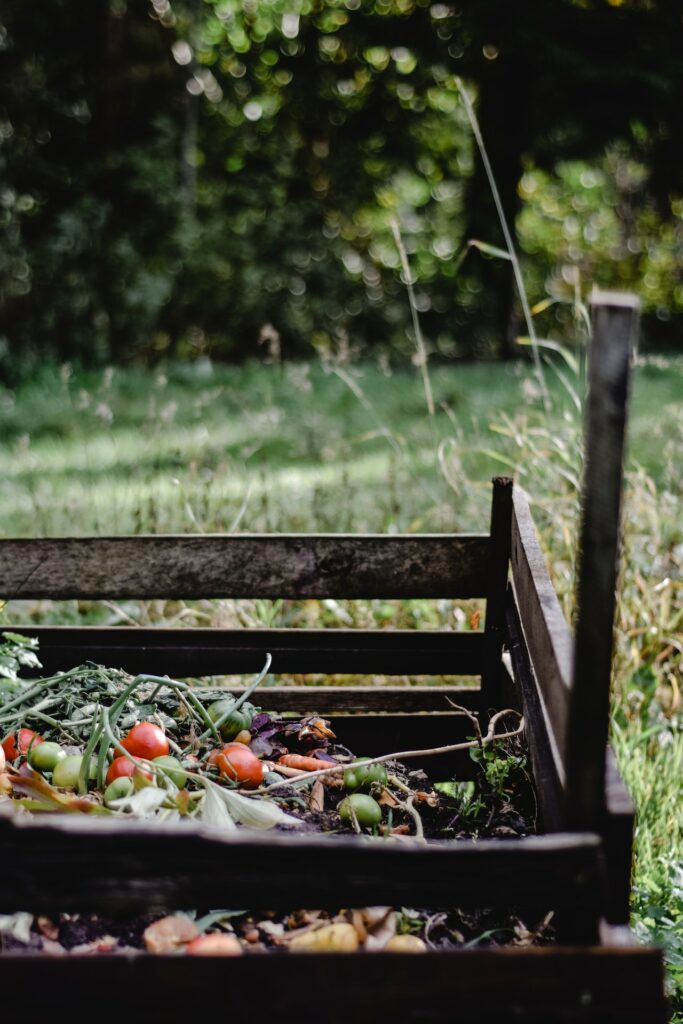


18 November, 2022
Being proven wrong can be tough. But admitting you’ve made a mistake can be even harder.
Right and wrong is often seen as a binary thing, but the reality is more complex. Our opinions are informed by the information available to us and it can be hard to be open to information that challenges opinions we form, particularly when the information challenges opinions that lead us to doing ‘good’ things.
This is particularly relevant to sustainability, where doing good relies on challenging the status quo and embracing new ways of doing things. And often we need to commit to trying new things before being able to fully understand them.
This is what lots of grocers have done by committing to compostable alternatives to plastic bags. But unfortunately, the bubble has been burst by recent research including from the Big Compost Experiment, which showed that 60% of plastics labelled as ‘home compostable’ fail to disintegrate after six months. Perhaps there’s a lesson in not relying on new technologies – ultimately, we need to reduce the quantity of materials we consume to guarantee that we can lessen our environmental impact.
But for us, the most powerful lesson has been from our friends at Abel & Cole, who gave a masterclass in how to gracefully admit getting something wrong, drawing attention to the issue of compostable packaging, the mistaken assumptions they were relying on and setting out their proposed new approach. Not only is this a useful contribution to the conversation about sustainable packaging, bringing to light important new research, but it is an effective way to build trust among your customers.
It’s easy to see this as ‘getting it wrong’, but perhaps instead we should focus this is an important step forward, and a lesson in cracking on with it without letting perfect be the enemy of the good.
By Patrick Bapty